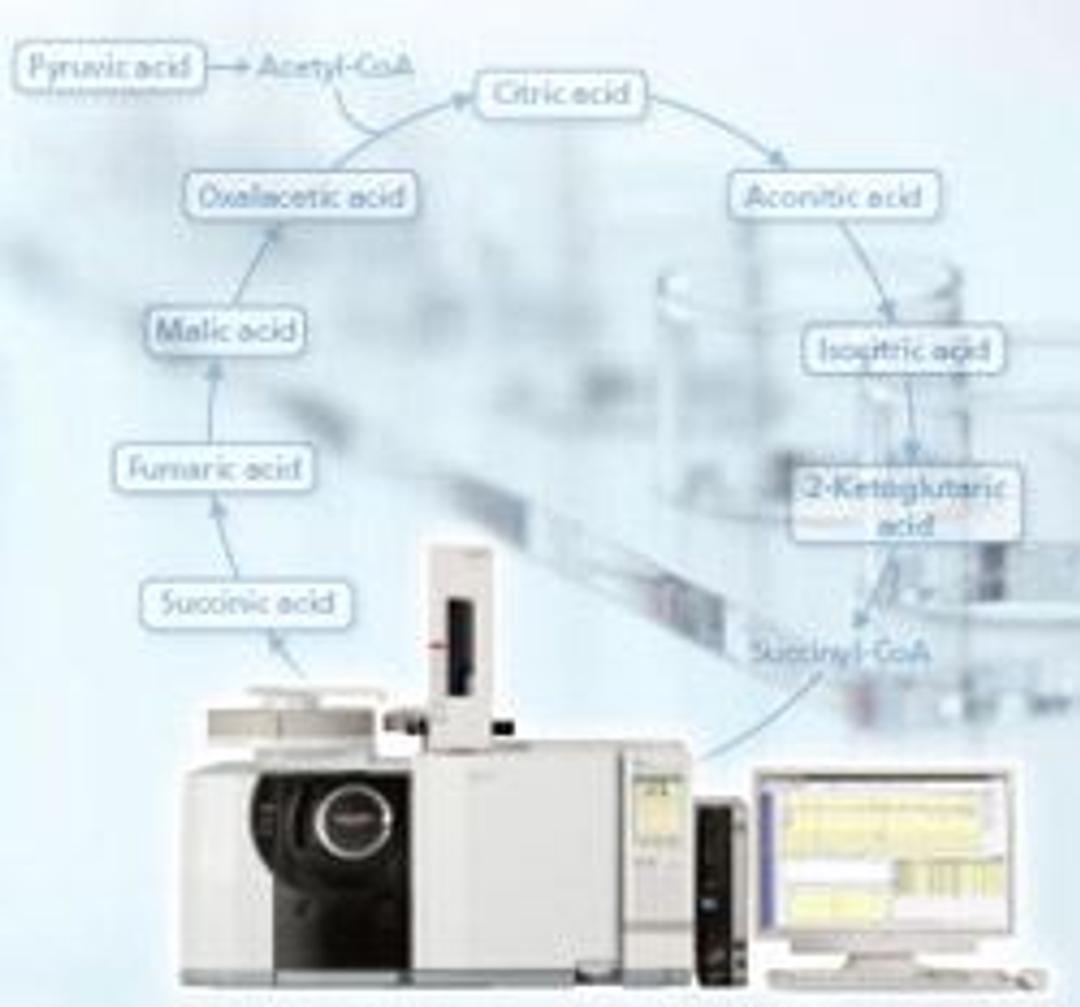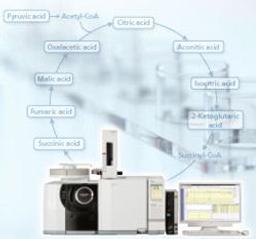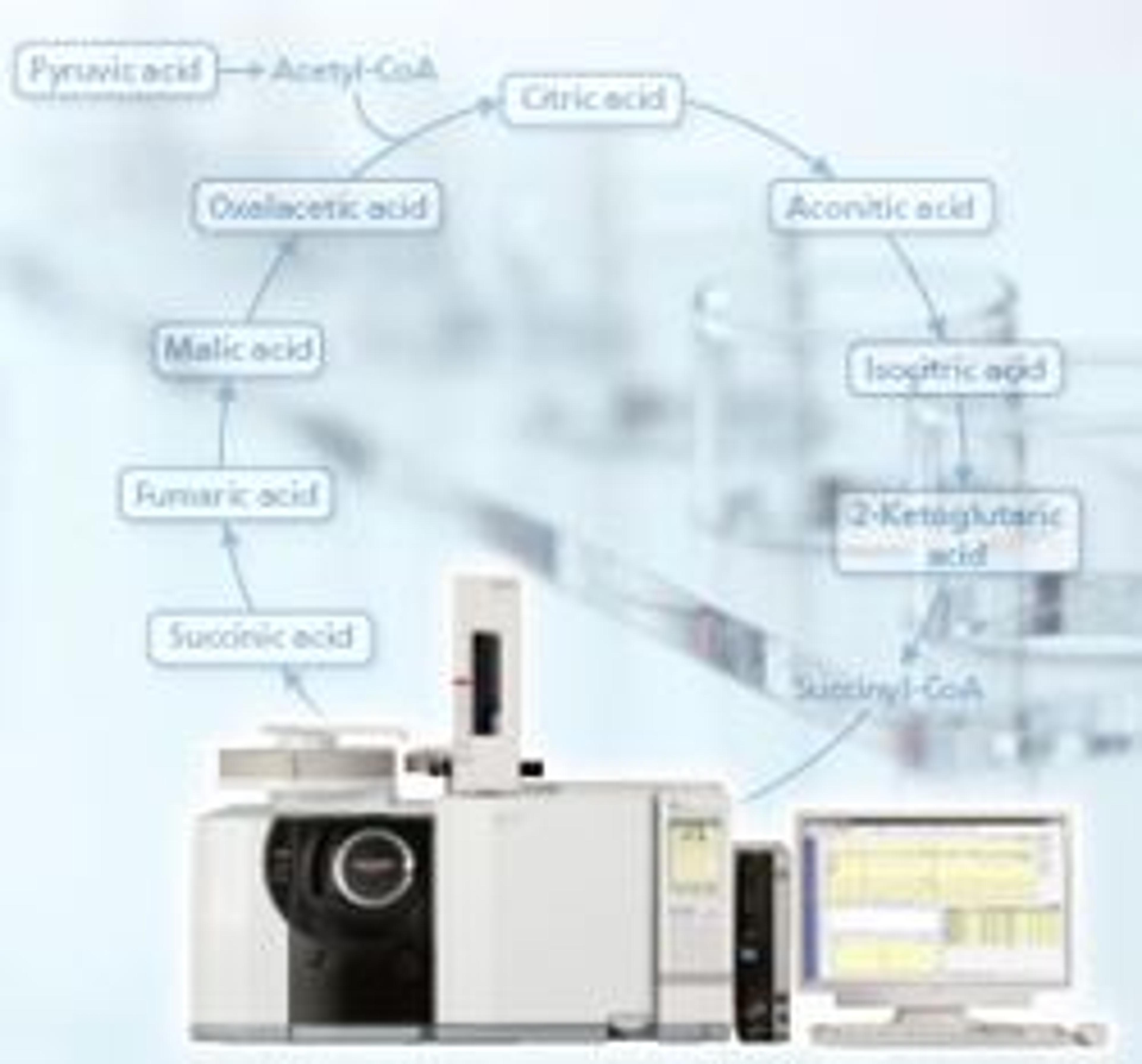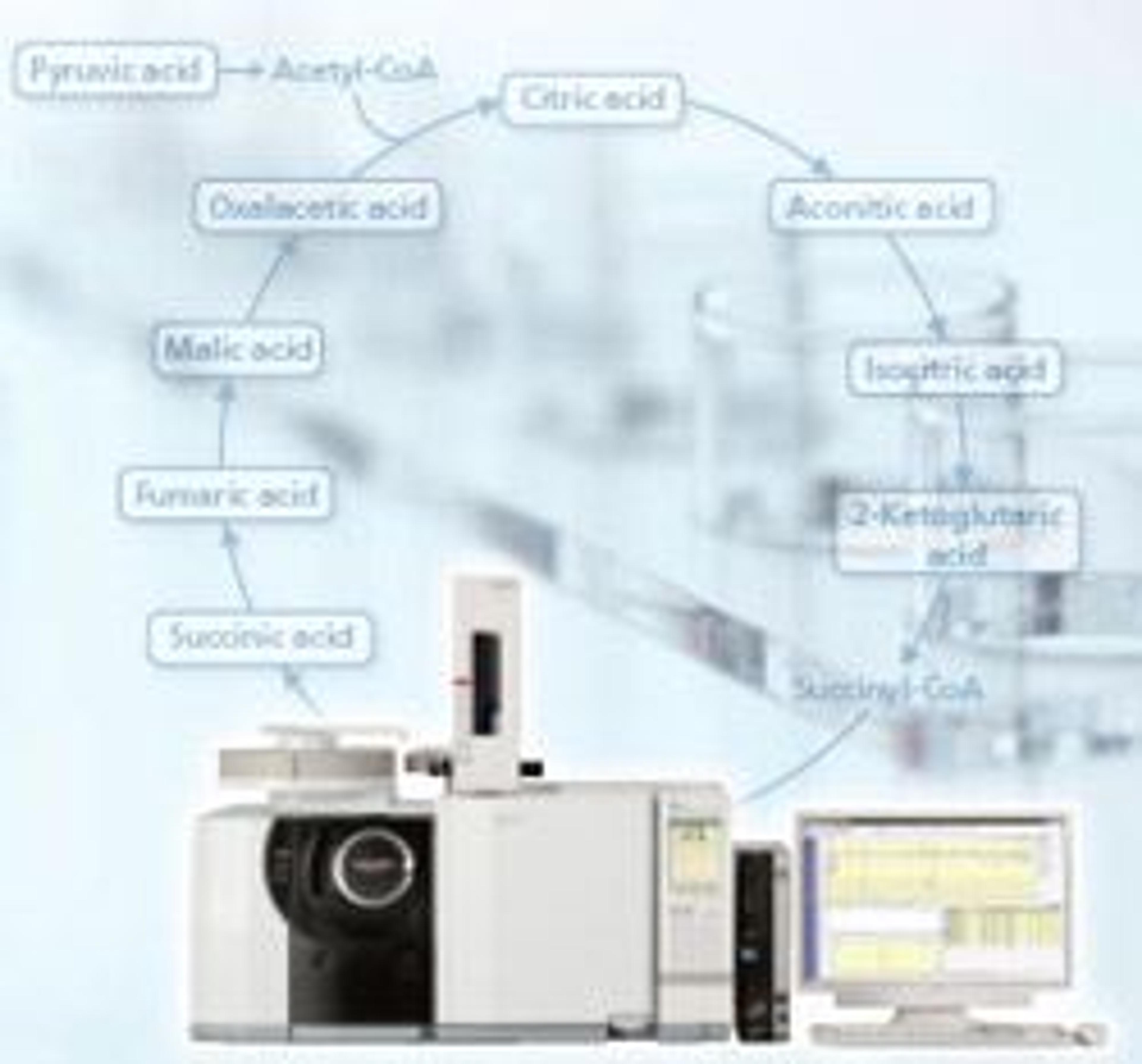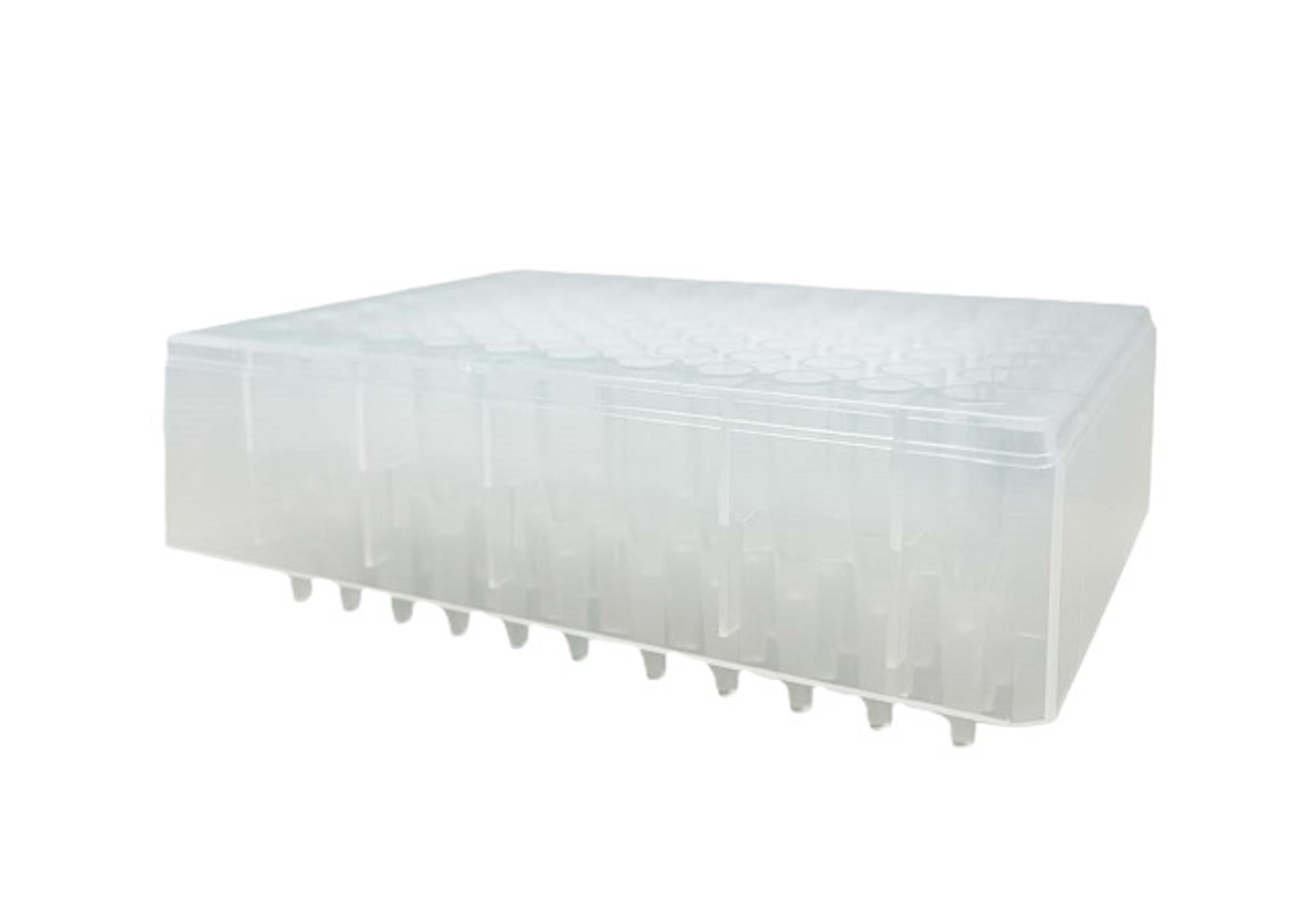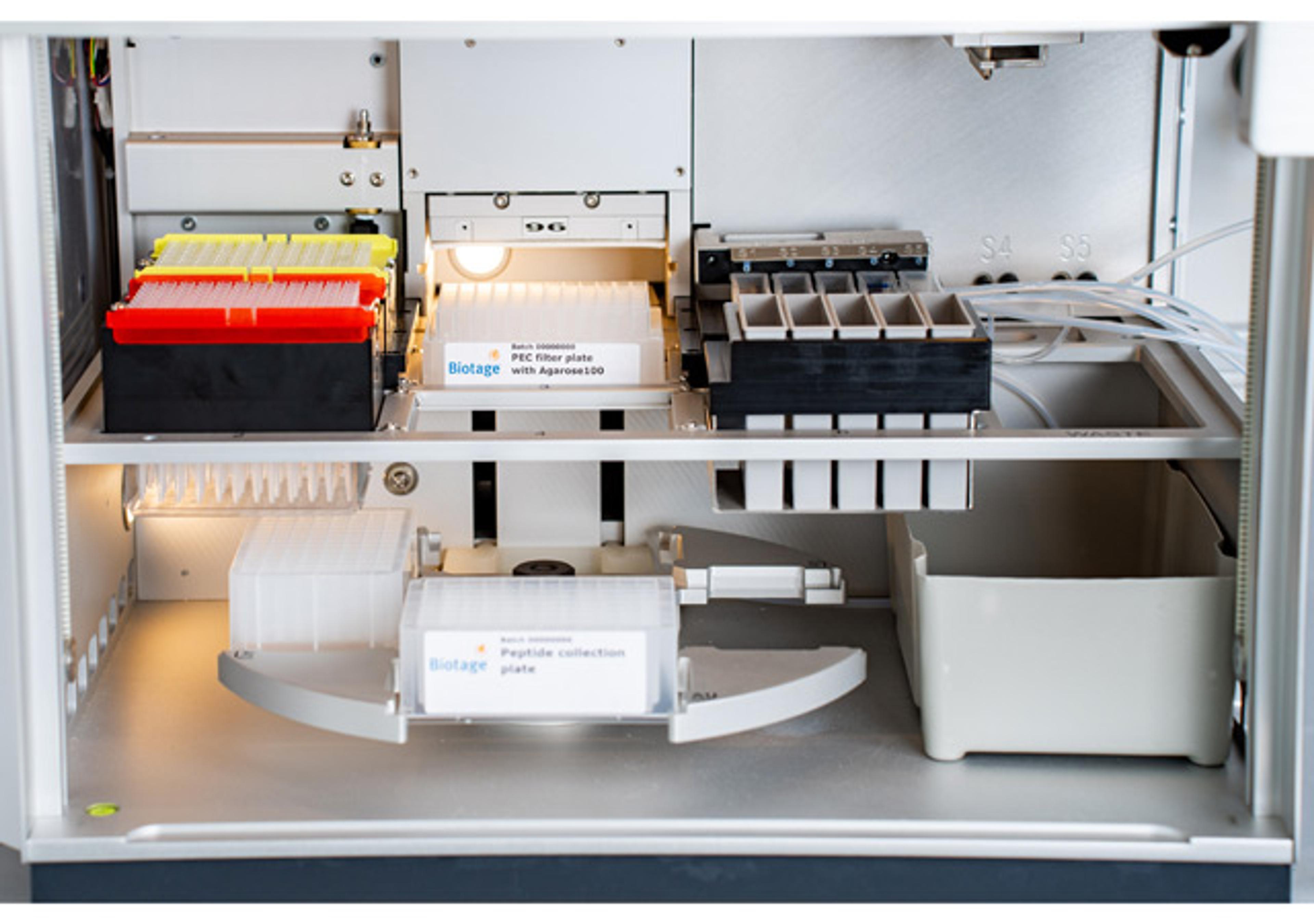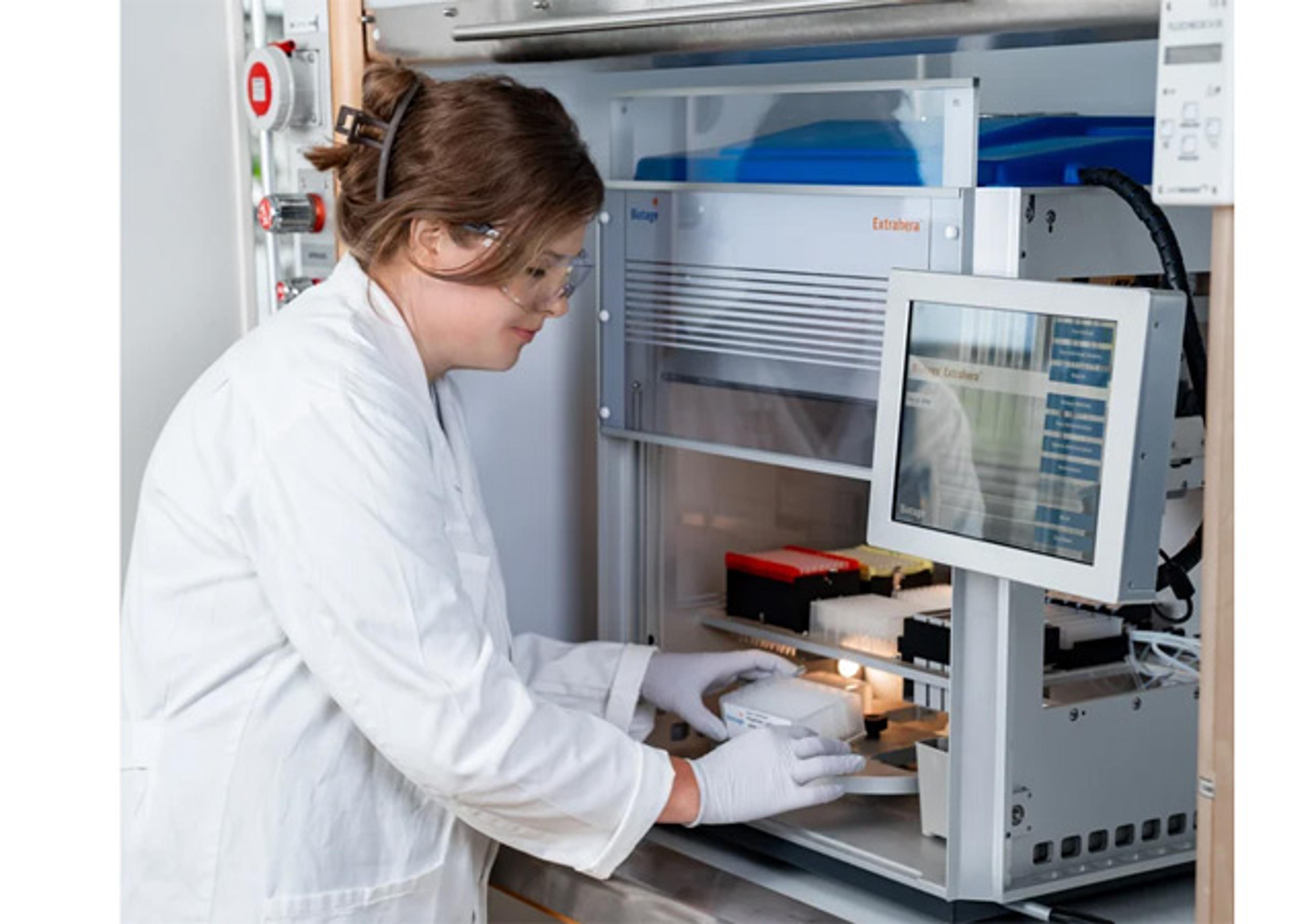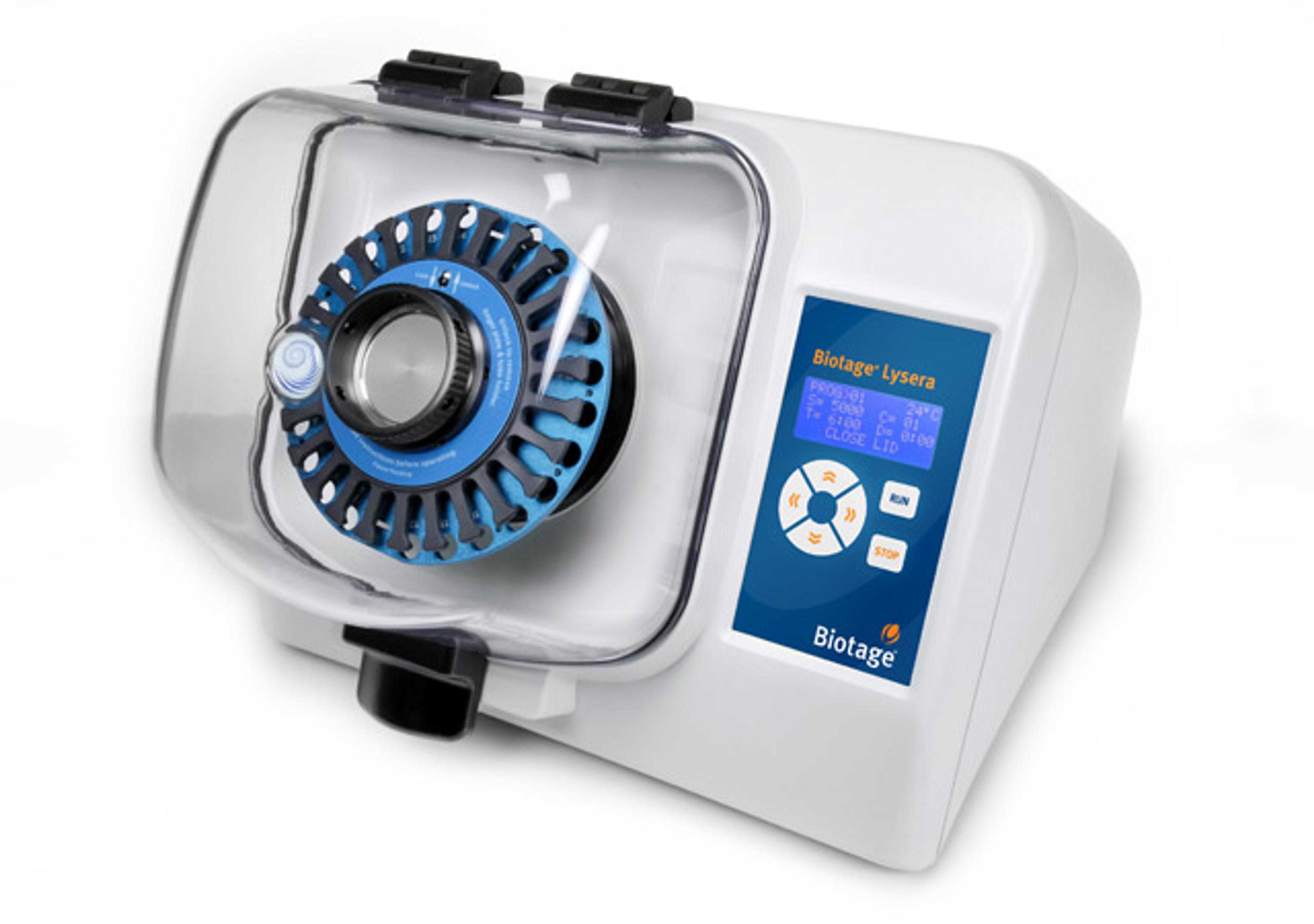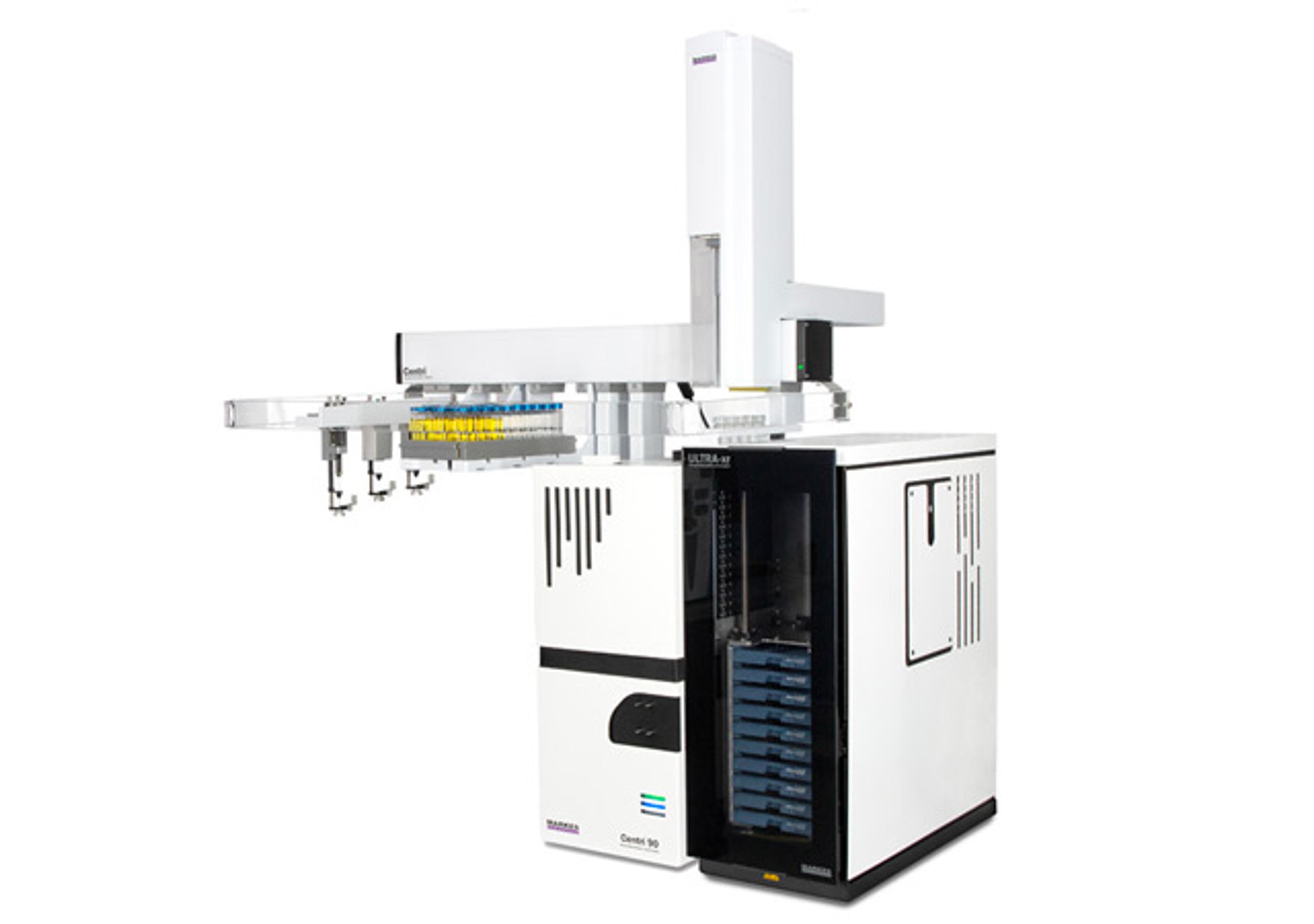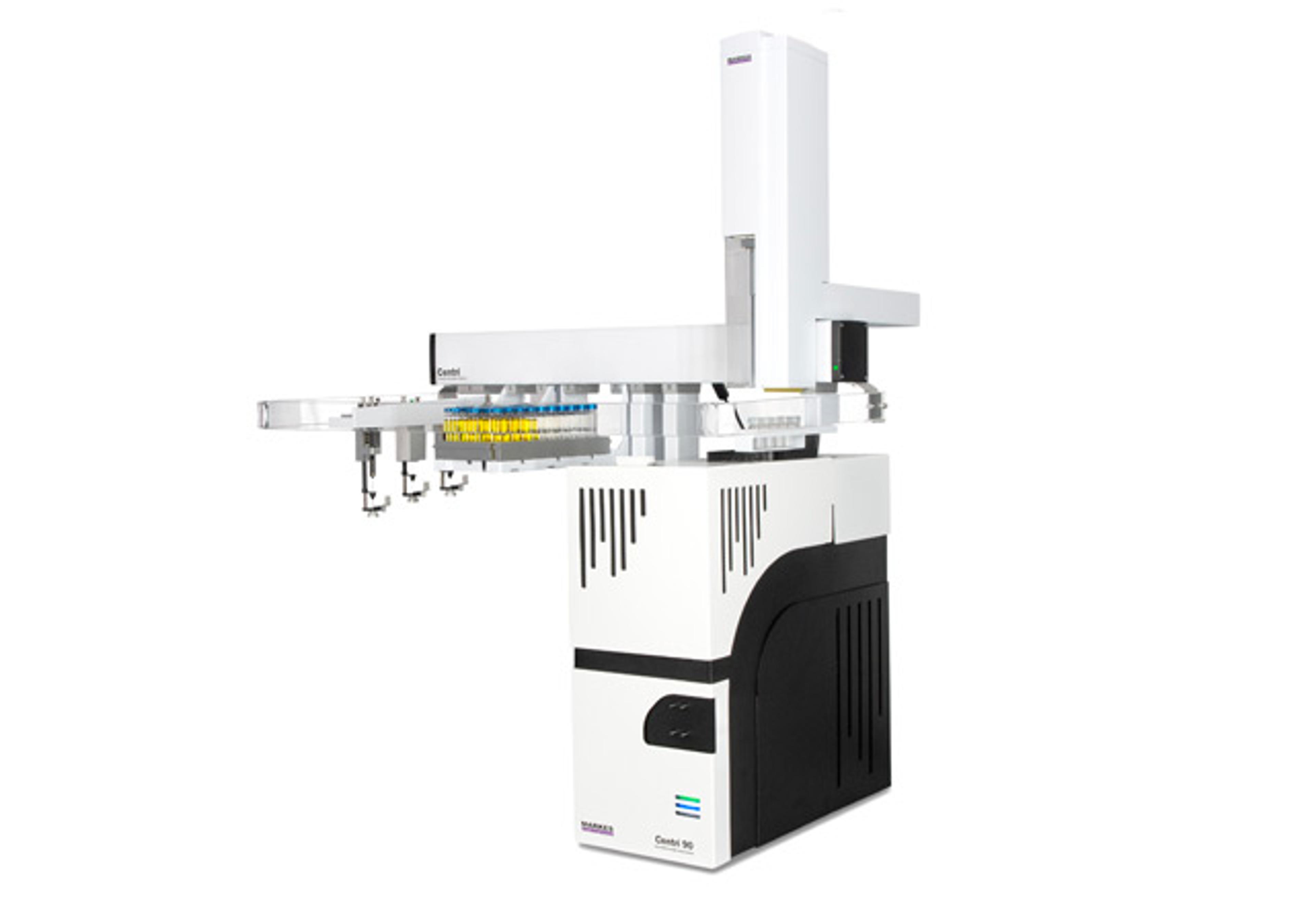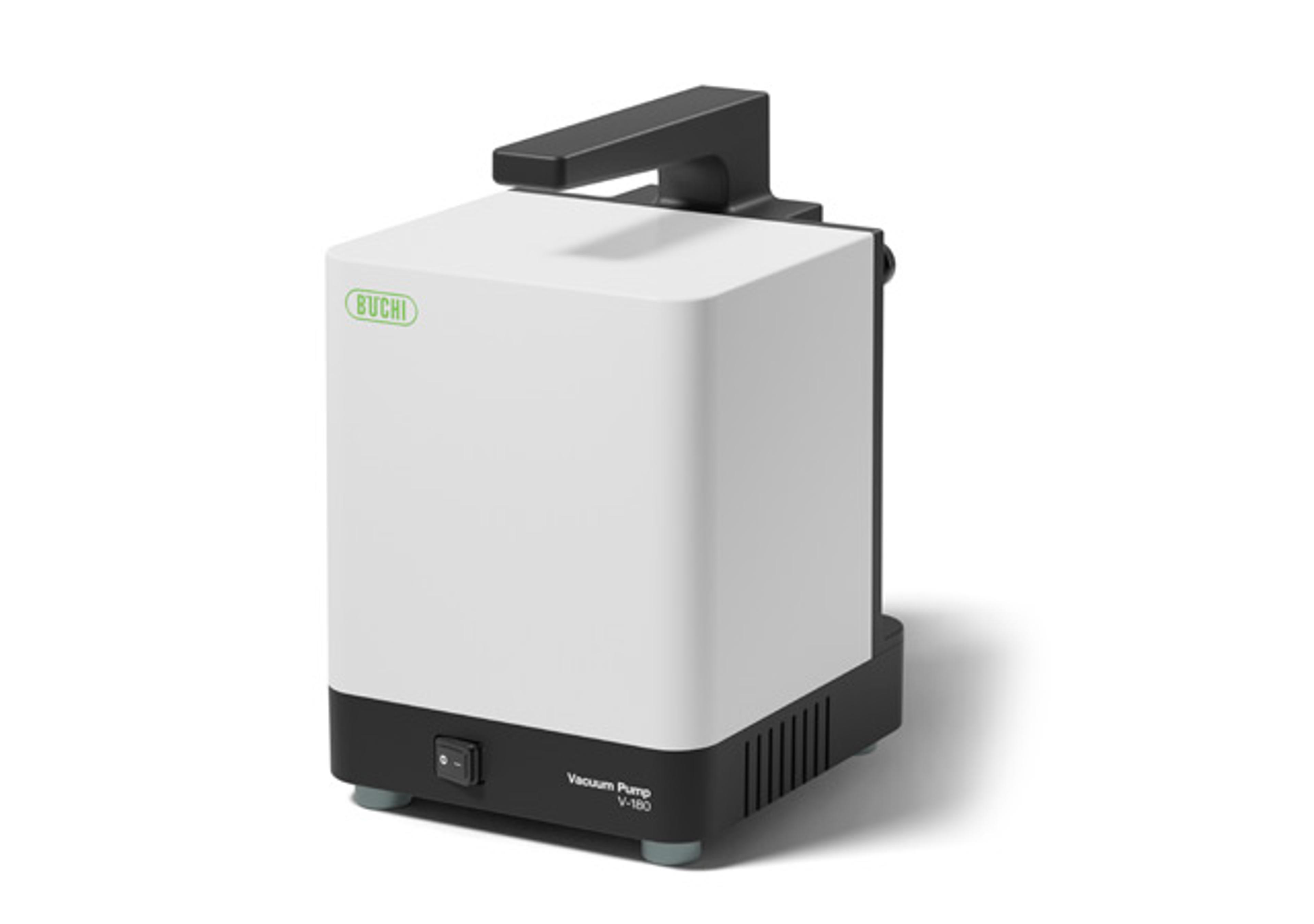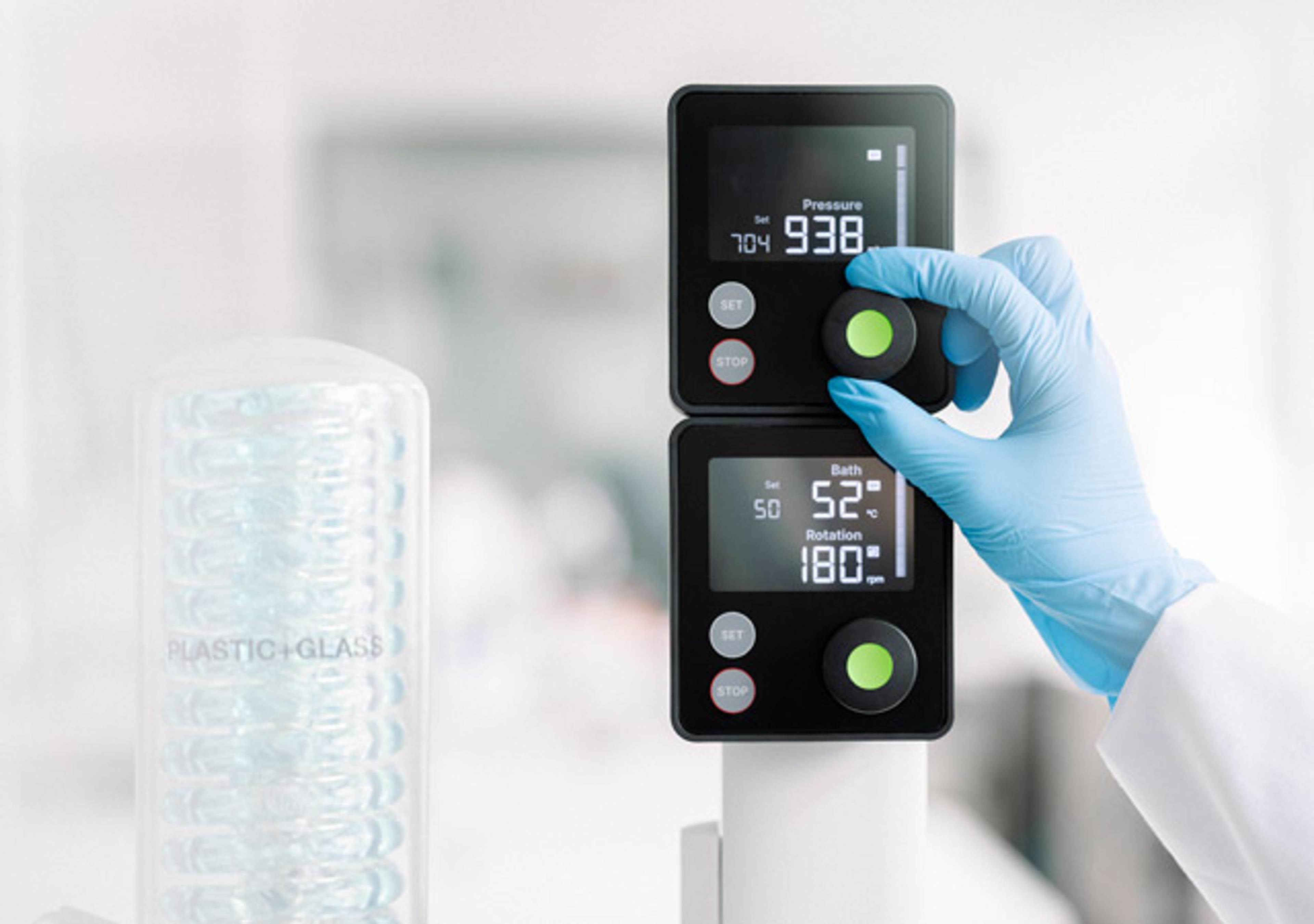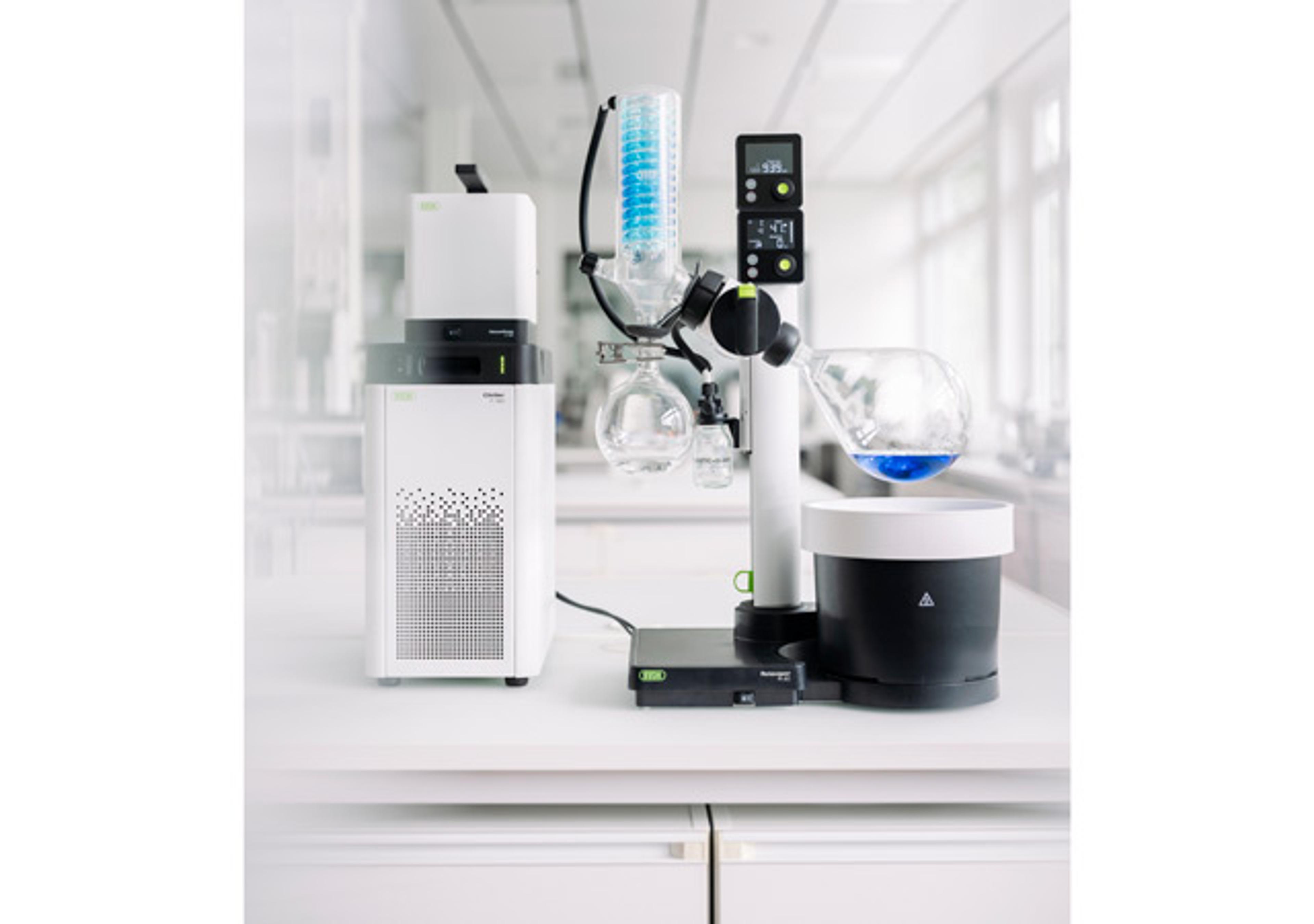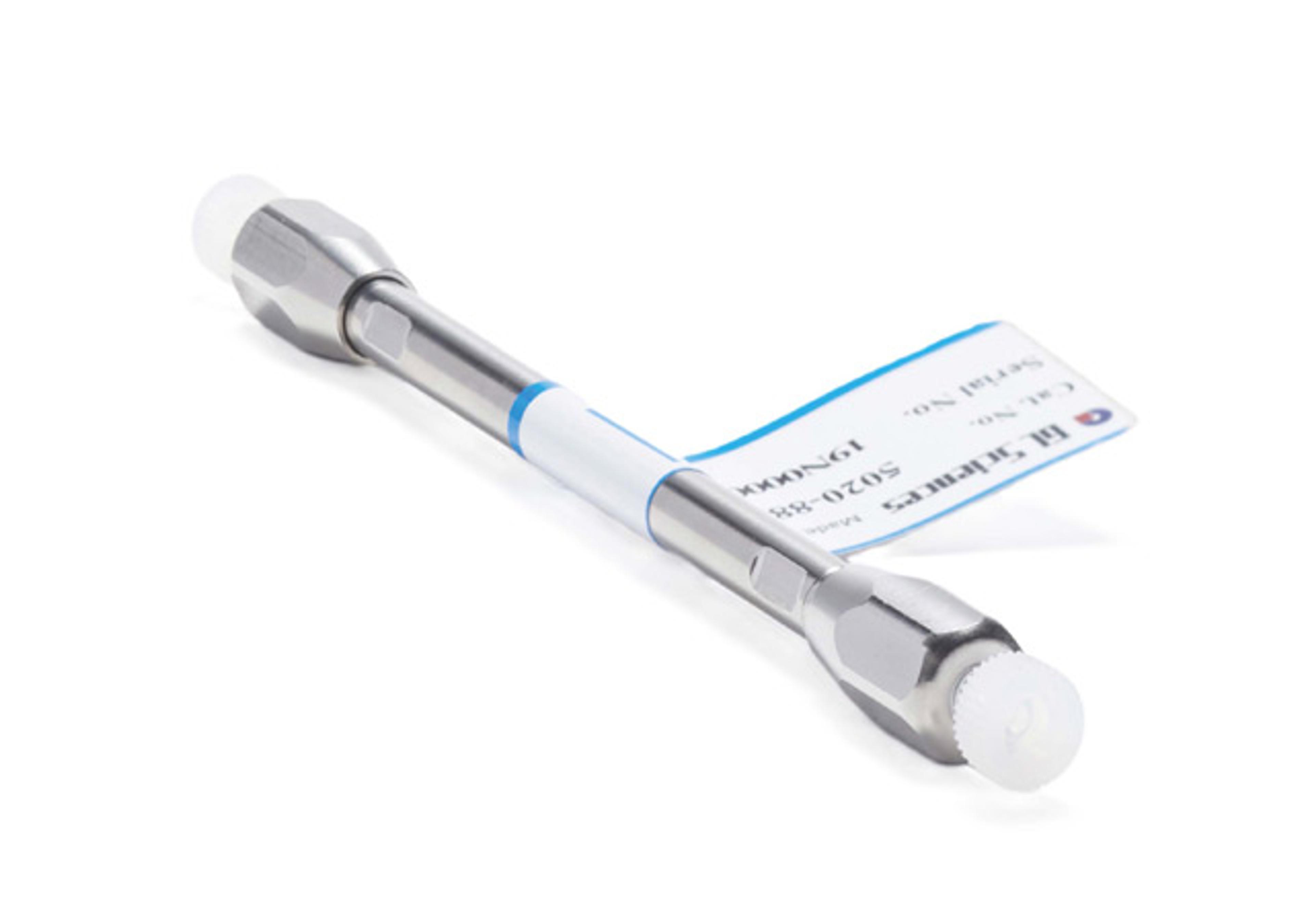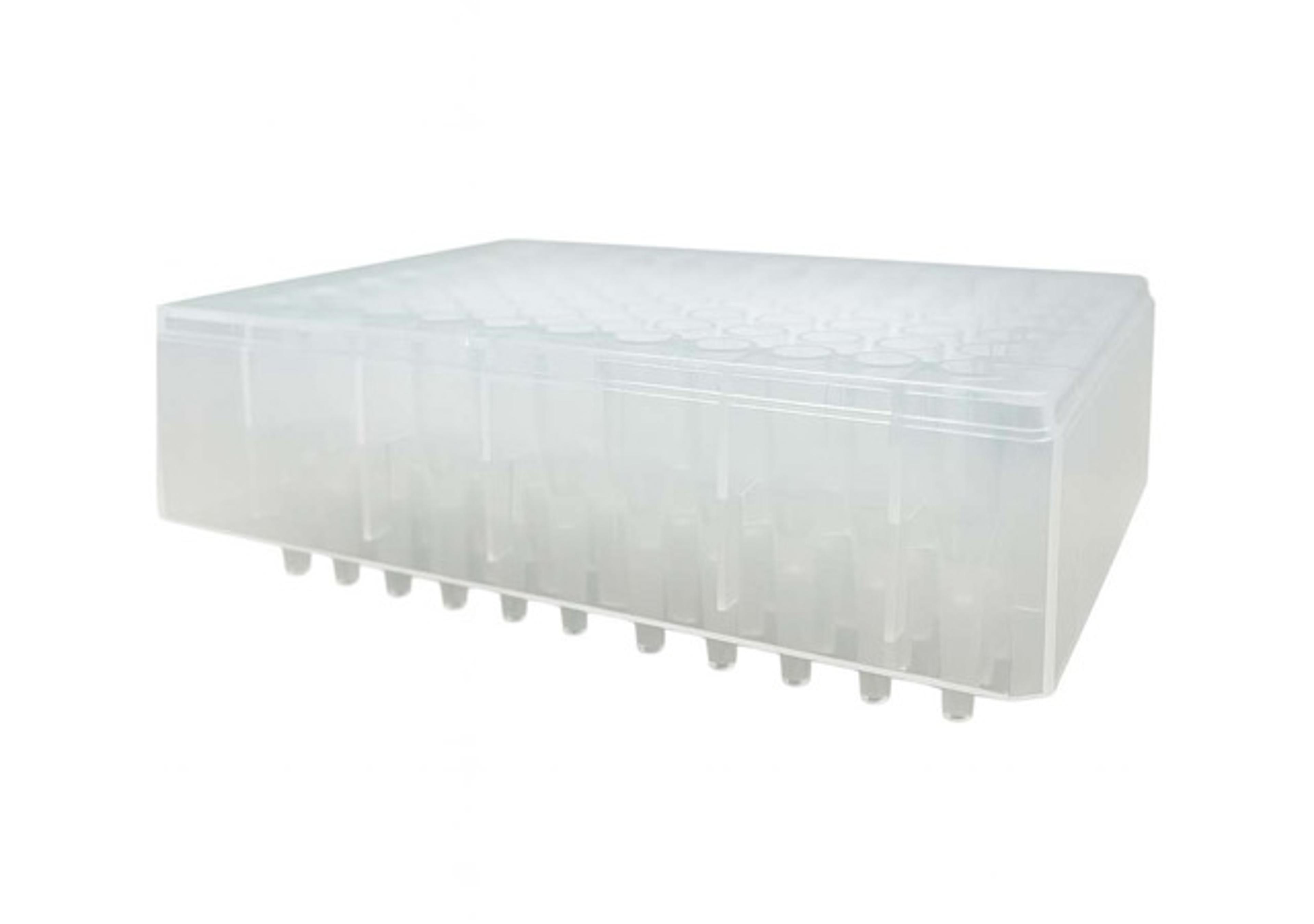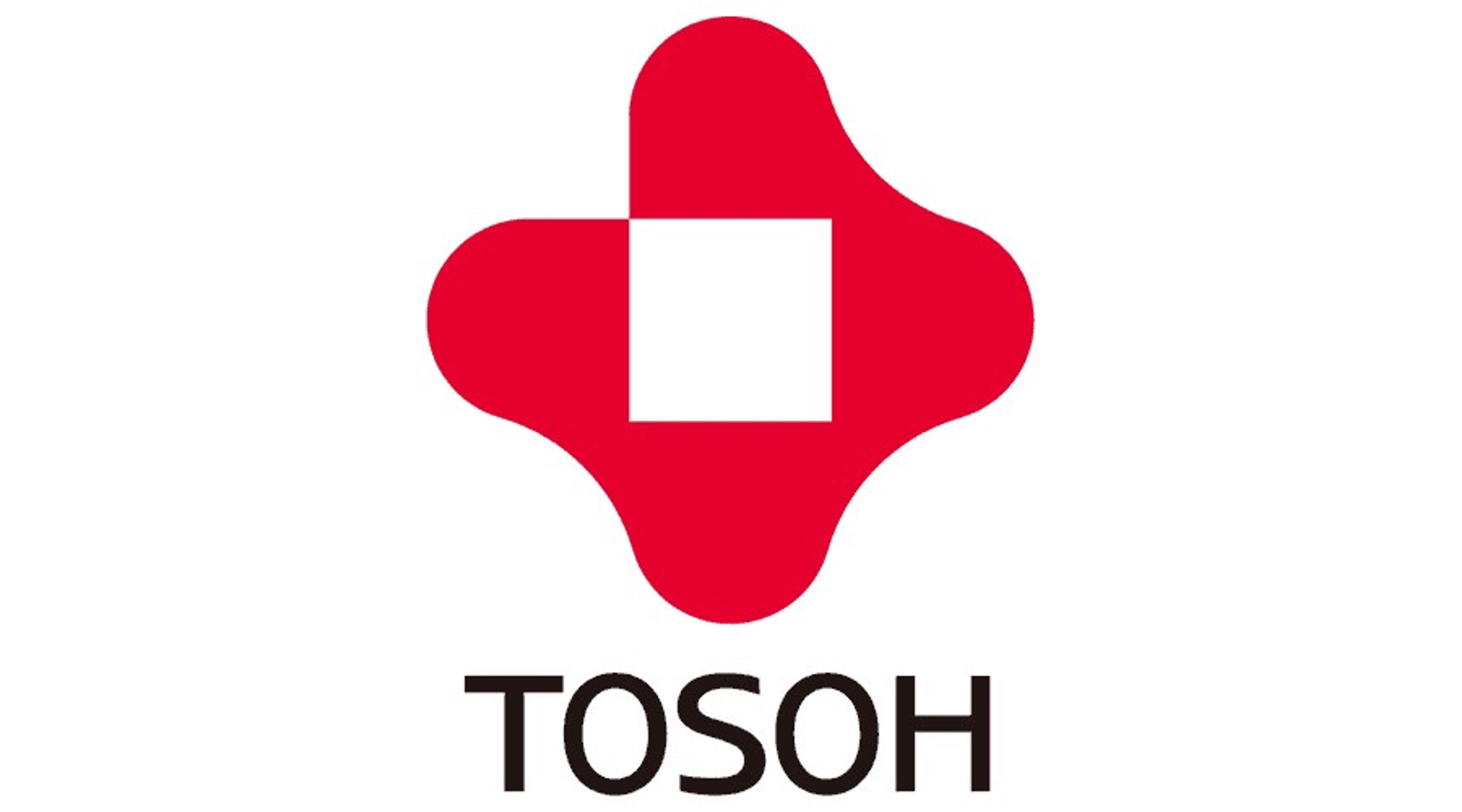GC/MS Metabolite Database Ver. 2
World's First Product Containing a Metabolite MRM Database to Support Triple Quadrupole Gas Chromatograph Mass Spectrometers. Metabolite analysis uses exhaustive measurements of the metabolites in living organisms to comprehensively investigate the phenomena of life based on changes in metabolite components. This product was developed to support more accurate and efficient metabolomic analysis by GC/MS and GC/MS/MS. GC/MS Me…
World's First Product Containing a Metabolite MRM Database to Support Triple Quadrupole Gas Chromatograph Mass Spectrometers.
Metabolite analysis uses exhaustive measurements of the metabolites in living organisms to comprehensively investigate the phenomena of life based on changes in metabolite components. This product was developed to support more accurate and efficient metabolomic analysis by GC/MS and GC/MS/MS.
GC/MS Metabolite Database Ver. 2 supports metabolomic analysis (metabolomics) using a Shimadzu Triple Quadrupole Gas Chromatograph Mass Spectrometer (GC/MS/MS) or Quadrupole Gas Chromatograph Mass Spectrometer (GC/MS).
This database increases the number of registered compound types to 511. In addition, it now includes biological samples derived from blood and cells, in addition to urine. It contains the GC conditions suitable for the measurement of low-molecular metabolites and the optimal GC/MS and GC/MS/MS measurement parameters for each compound. This allows researchers to immediately start analysis work without the need for any complex parameter settings.
GC/MS Metabolite Database Ver. 2 Features:
- Increased Number of Registered Metabolites in Biological Samples - The increased number enables accurate identi cation of more metabolites.
- Newly Registered MRM Database Enables Trace Component Measurement - In some cases it is dif cult to measure such compounds because the components overlap. However, MRM measurement, which performs mass separation twice, can eliminate this effect, enabling detection of components that cannot be detected with conventional scan and SIM measurements. The MRM mode also makes it possible to obtain more accurate quantitative information.
- GC conditions and optimal scan and MRM measurement parameters for each compound are preregistered in the methods - The database contains retention indices for predictive calculation of the retention time, which enables start of analysis even when a standard sample of a metabolite does not exist.
- "Smart MRM" - Automatically Create Methods from the Database by simply selecting the compound to be measured from among those registered in the database.

